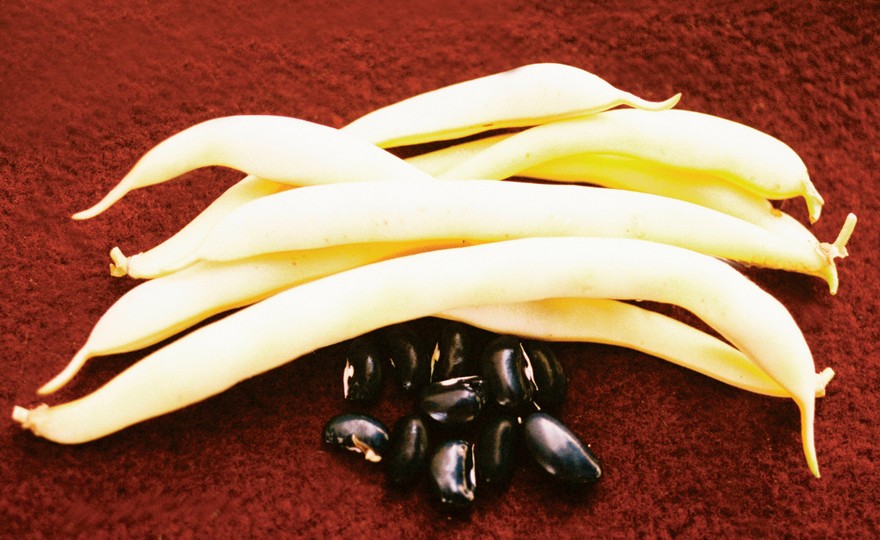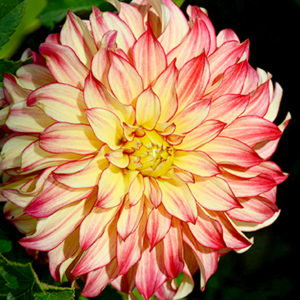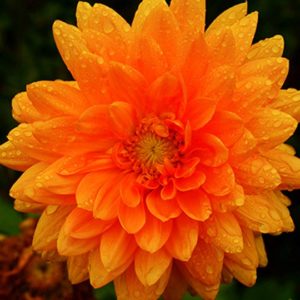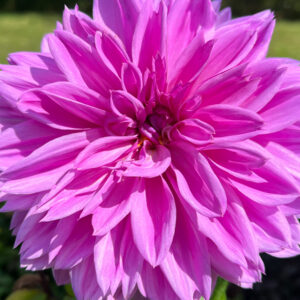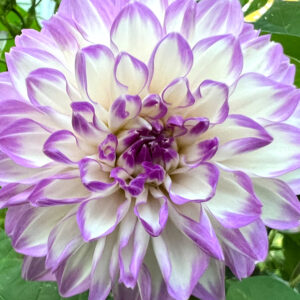You can avail undermentioned discount amounts
i. If cart item quantity range is between 10-14, get -
$2.50 discount.
Conditions to be met: i. If Category in Cart equal to
Seeds
You can avail undermentioned discount amounts
i. If cart item quantity range is between 15-19, get -
$3.75 discount.
Conditions to be met: i. If Category in Cart equal to
Seeds
You can avail undermentioned discount amounts
i. If cart item quantity range is between 20-24, get -
$5.00 discount.
Conditions to be met: i. If Category in Cart equal to
Seeds
You can avail undermentioned discount amounts
i. If cart item quantity range is between 25-29, get -
$6.25 discount.
Conditions to be met: i. If Category in Cart equal to
Seeds
You can avail undermentioned discount amounts
i. If cart item quantity range is between 30-34, get -
$7.50 discount.
Conditions to be met: i. If Category in Cart equal to
Seeds
You can avail undermentioned discount amounts
i. If cart item quantity range is between 35-39, get -
$8.75 discount.
Conditions to be met: i. If Category in Cart equal to
Seeds
You can avail undermentioned discount amounts
i. If cart item quantity range is between 40-44, get -
$10.00 discount.
Conditions to be met: i. If Category in Cart equal to
Seeds
You can avail undermentioned discount amounts
i. If cart item quantity range is between 45-49, get -
$11.25 discount.
Conditions to be met: i. If Category in Cart equal to
Seeds
You can avail undermentioned discount amounts
i. If cart item quantity range is between 5-9, get -
$1.25 discount.
Conditions to be met: i. If Category in Cart equal to
Seeds
You can avail undermentioned discount amounts
i. If cart item quantity range is between 50-54, get -
$12.50 discount.
Conditions to be met: i. If Category in Cart equal to
Seeds
You can avail undermentioned discount amounts
i. If cart item quantity range is between 55-59, get -
$13.75 discount.
Conditions to be met: i. If Category in Cart equal to
Seeds
You can avail undermentioned discount amounts
i. If cart item quantity range is between 60-64, get -
$15.00 discount.
Conditions to be met: i. If Category in Cart equal to
Seeds
You can avail undermentioned discount amounts
i. If cart item quantity range is between 65-69, get -
$16.25 discount.
Conditions to be met: i. If Category in Cart equal to
Seeds
You can avail undermentioned discount amounts
i. If cart item quantity range is between 75-79, get -
$18.75 discount.
Conditions to be met: i. If Category in Cart equal to
Seeds
You can avail undermentioned discount amounts
i. If cart item quantity range is between 70-74, get -
$17.50 discount.
Conditions to be met: i. If Category in Cart equal to
Seeds
You can avail undermentioned discount amounts
i. If cart item quantity range is between 80-84, get -
$20.00 discount.
Conditions to be met: i. If Category in Cart equal to
Seeds
You can avail undermentioned discount amounts
i. If cart item quantity range is between 85-89, get -
$21.25 discount.
Conditions to be met: i. If Category in Cart equal to
Seeds
You can avail undermentioned discount amounts
i. If cart item quantity range is between 90-94, get -
$22.50 discount.
Conditions to be met: i. If Category in Cart equal to
Seeds
You can avail undermentioned discount amounts
i. If cart item quantity range is 95+, get -
$23.75 discount.
Conditions to be met: i. If Category in Cart equal to
Seeds
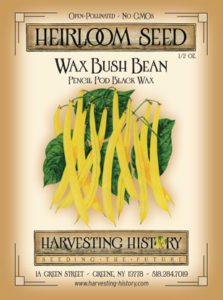 Wax Bush Bean, Pencil Pod Black Wax
Wax Bush Bean, Pencil Pod Black Wax
